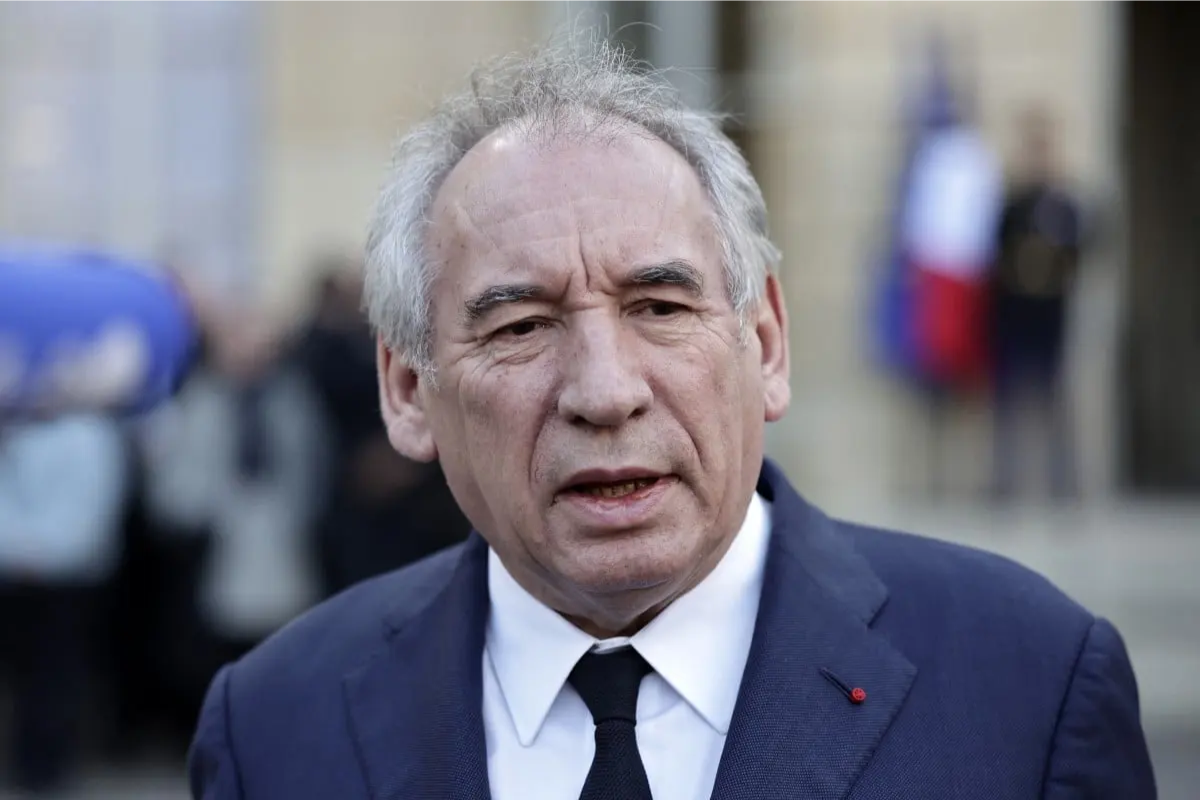Top UN court says can consider Armenia, Azerbaijan disputed territory cases
ICJ ruling follows mass exodus of 100,000 ethnic Armenians in 2023

View of the International Court of Justice (ICJ), in The Hague, Netherlands May 16, 2024.
Reuters
Court claims jurisdiction in rival discrimination cases filed 2021
Territory seized by Azerbaijan in one-day offensive last September
Both nations accuse each other of ethnic cleansing
The UN's top court on Tuesday said that it had jurisdiction to consider rival cases by arch-foes Armenia and Azerbaijan over the disputed Nagorno-Karabakh region, the latest ruling in a long-running legal clash.
The two Caucasus neighbors have for years been wrangling at the International Court of Justice (ICJ) over the territory that they have fought over for decades.
"The Court finds that it has jurisdiction" to consider rival cases filed by Armenia and Azerbaijan in 2021, the court said in two separate statements.
The cases concern actions taken in the region of Nagorno-Karabakh, which has been fought over since before the collapse of the Soviet Union in 1991, when former Soviet republics Armenia and Azerbaijan gained independence.

When the Soviet Union collapsed, the region, populated mostly by mostly Christian ethnic Armenians, found itself inside an independent and mostly Muslim Azerbaijan.
The two nations have fought two wars -- in 2020 and in the 1990s -- for control of the then-breakaway enclave.
The region has been controlled by Armenian separatists since the late 1990s, but last September, Baku took over the territory in a lightning one-day offensive that triggered a refugee crisis.
Almost the entire local population of around 100,000 ethnic Armenians left for Armenia, fearing reprisals and repression.
The case that the two countries filed at the ICJ followed the conflict in 2020.
Armenia contended that Azerbaijan has violated the International Convention on the Elimination of All Forms of Racial Discrimination (CERD) and that it has engaged in "ethnic cleansing" in the region.
Azerbaijan has denied the allegations and filed a rival case, saying that Armenia was the one guilty of the charge.
The ICJ, which rules in disputes between states, issued emergency orders in December 2021, calling on both parties to prevent incitement and promotion of racial hatred.
It has since then been considering various motions filed by both countries against each other's cases.
The court did not say on Tuesday when the next hearings in the rival cases would take place.
Popular
Spotlight
More from World
France's Macron announces fourth government of the year
Macron's pick of ex-PMs signals a push for stability as PM Francois Bayrou focuses on surviving no-confidence votes and budget approval













Comments
See what people are discussing